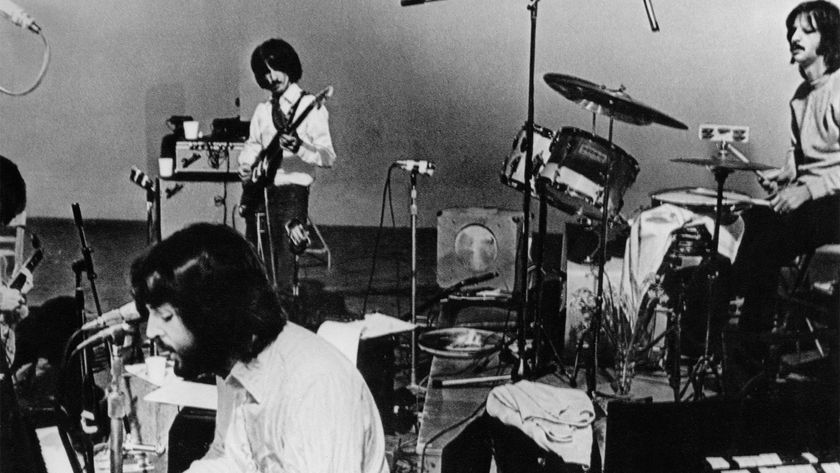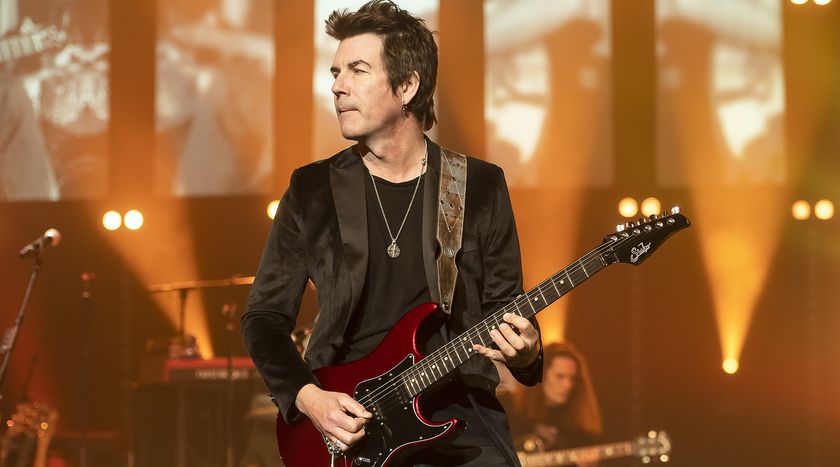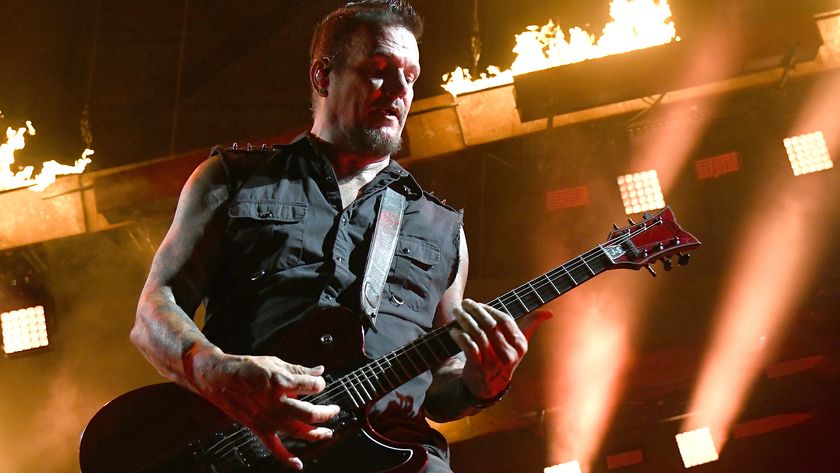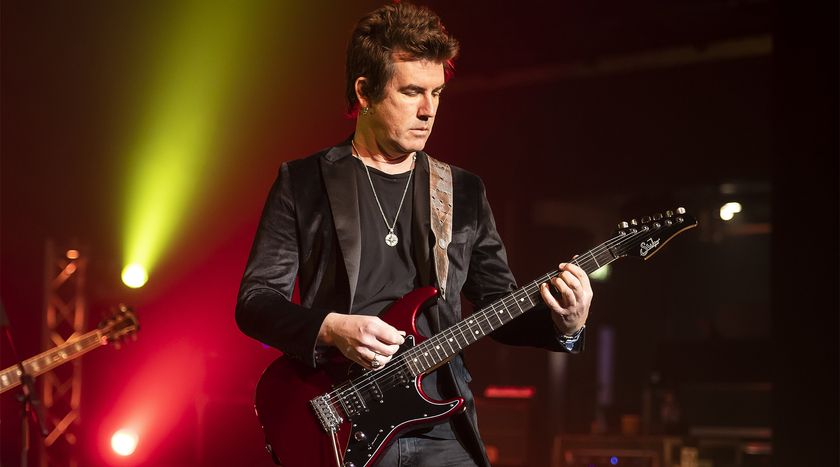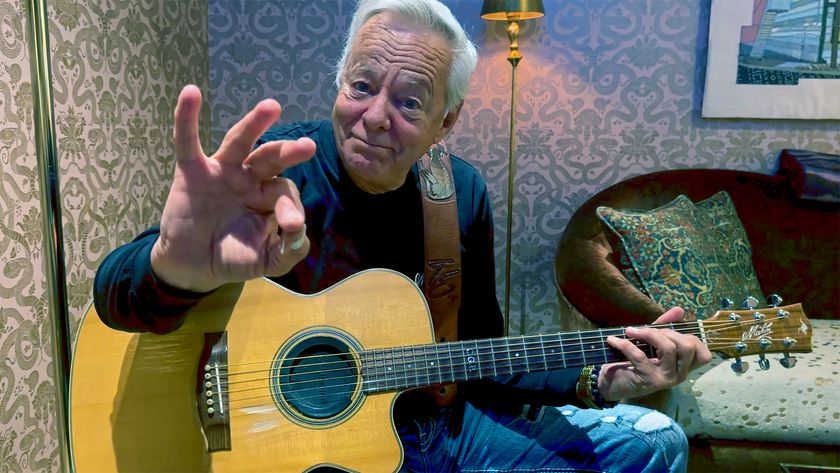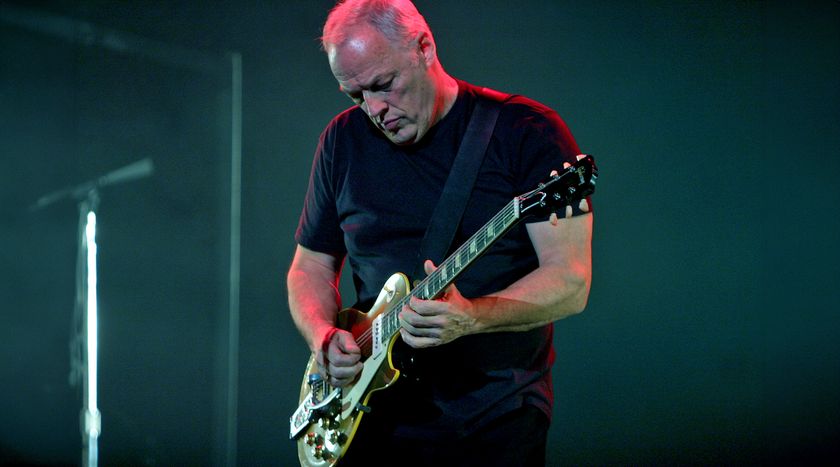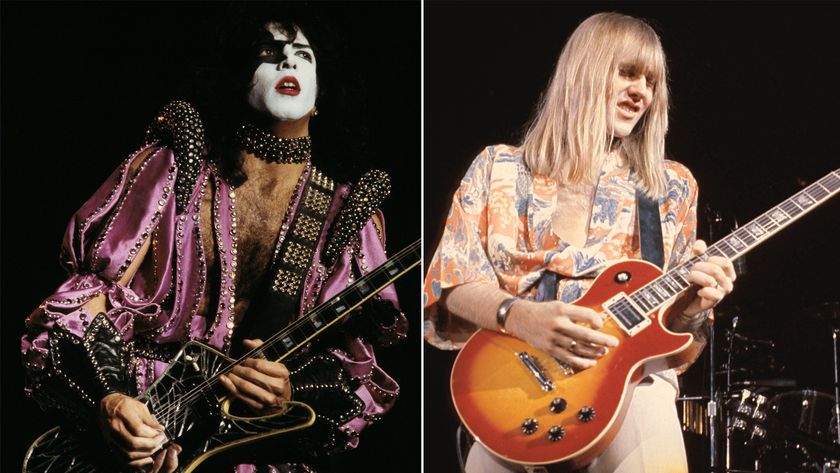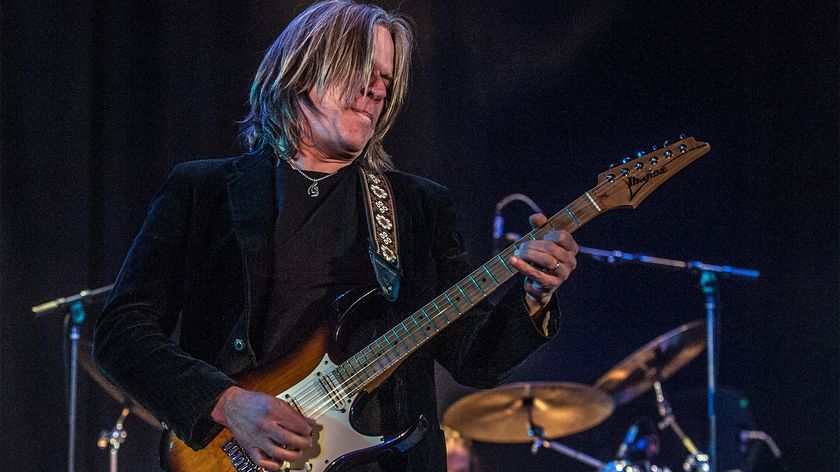“My three mentors are B.B. King, Albert King and Jimi Hendrix. I don’t think it does Hendrix any service for me to be compared to him, because he was a genius”: How Robin Trower crafted his blistering tonal triumph, Day of the Eagle
With some help from legendary Beatles engineer Geoff Emerick, Trower laid down an inspired tune that – 50 years later – remains, for his money, his “best rock and roll song”
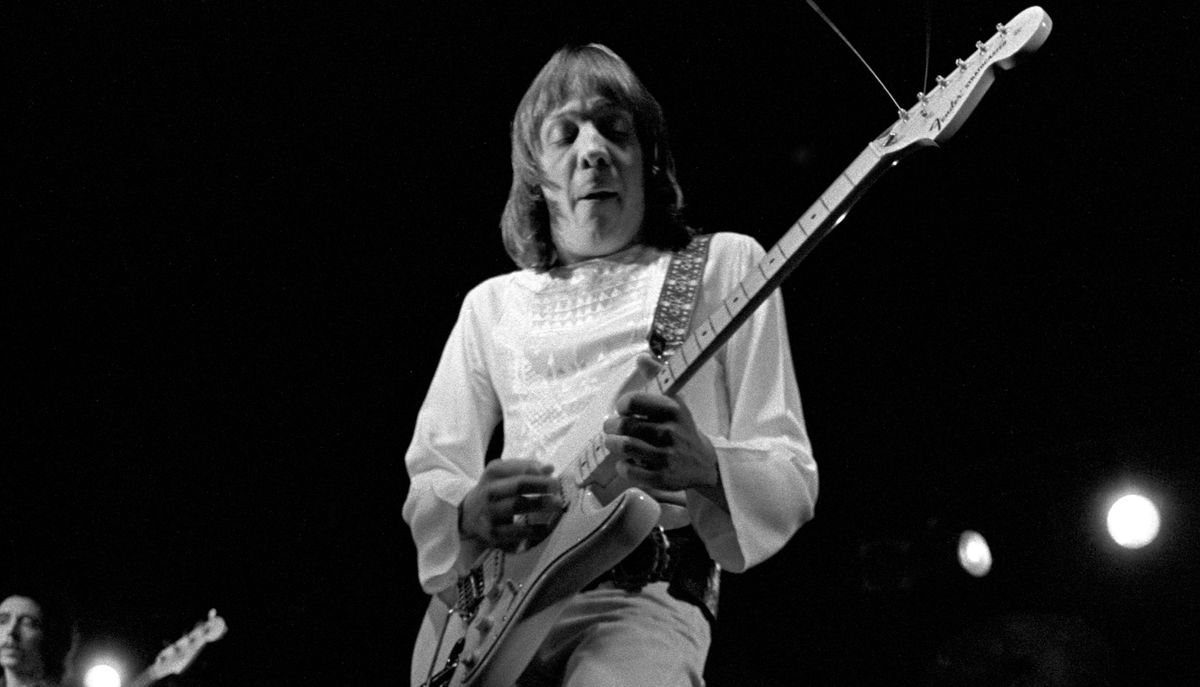
“It’s probably the best rock and roll song I’ve ever written,” Robin Trower says about Day of the Eagle, the frenetic, heavy blues track from his second solo album, 1974’s Bridge of Sighs. “It’s still a lot of fun to play, too. To pull it off successfully, you have to be slightly on the edge of making it work. There has to be some effort involved. I think that’s what makes it so exciting to play.”
Day of the Eagle ranks as the pinnacle of Trower’s career, the song that established him as a six-string force to be reckoned with. Within the framework of his power trio – which included bassist/vocalist James Dewar and drummer Reg Isidore – Trower’s guitar work is soulful, emotive, and oozing with the spirit of Jimi Hendrix, a guitarist to whom he has often been compared.
“My three mentors are B.B. King, Albert King and Jimi Hendrix,” Trower affirms. “I don’t think it does Hendrix any service for me to be compared to him, because he was a genius. I knew not to copy anybody else.
“For instance, with Hendrix or B.B. King, I never sat down and worked out any of their licks; I was more interested in knowing what was behind the lick – what was the feeling, the emotion that made them play it like that. If you get hung up on other people’s stuff, it may stop your own creativity from coming through.”
It starts with the riff
The songwriting process for Day of the Eagle began when Trower came up with the song’s main riff.
“That’s where all my songs start,” he explains. “Once I came up with that, the changes followed, along with the rest of the guitar parts. And once that was done, I then wrote the song’s lyric.
“I’m not sure anything particular inspired the lyrical matter. They were just ideas that came into my head. The most important thing for me about lyrics, though, is that they’ve got to be saying something. The sound of the words is important too.”
A Beatles legend
When it came time to record, Trower decided to capture the spontaneous live energy of his band straight to tape, with no double-tracking or studio wizardry.
“It went down as a three-piece, live in the studio,” he explains. “First, we laid down the rhythm guitar, bass, and drums together, and then I laid down the lead work. Once that was done, Jimmy [Dewar] sang the lead vocal. I’d say we probably did two or three takes of the song before we finally got the take that we kept.”
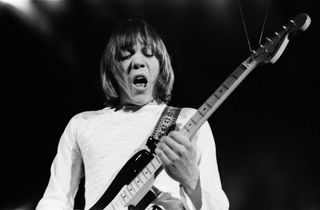
Beyond his band’s stellar contributions, Trower credits recording engineer Geoff Emerick for capturing their sound – especially his guitar – and power.
“The sound of not only that track, but the whole album, is down to Geoff’s vision and creative ability to capture those sounds,” Trower says of Emerick, who famously lent his talents to the Beatles masterpieces Revolver and Sgt. Pepper’s. “He was an amazing engineer to work with.”
For gear, Trower says, “I used two 100-watt Marshall heads with two 4x12 cabinets. I also had a homemade volume booster pedal, which was built for me by a friend of mine who was an electronics guy. It didn’t have a distortion unit in it, but it made it possible for me to drive the amps a little bit harder. That was the only effect used on the track. Guitar-wise, it was just a newly bought, straight-off-the-shelf black 1974 Fender Strat with the larger headstock.”
Still flying high
Day of the Eagle has proven to be a popular choice for guitarists, including Steve Stevens, who covered it on his 2008 solo effort, Memory Crash, and Pat Travers, who put it on his 2003 album, P.T Power Trio. “It’s a great compliment that people think that much of it,” Trower says.
Although Day of the Eagle failed to chart, Bridge of Sighs climbed to seven on the Billboard album chart, and its commercial success brought Trower validation as a solo artist in his own right. Fifty years on, he remains as passionate about his career as ever. “I just love to play the guitar,” he professes. “That is my drug. And that’s what keeps me still at it.”
Get The Pick Newsletter
All the latest guitar news, interviews, lessons, reviews, deals and more, direct to your inbox!
Joe Matera is an Italian-Australian guitarist and music journalist who has spent the past two decades interviewing a who's who of the rock and metal world and written for Guitar World, Total Guitar, Rolling Stone, Goldmine, Sound On Sound, Classic Rock, Metal Hammer and many others. He is also a recording and performing musician and solo artist who has toured Europe on a regular basis and released several well-received albums including instrumental guitar rock outings through various European labels. Roxy Music's Phil Manzanera has called him "a great guitarist who knows what an electric guitar should sound like and plays a fluid pleasing style of rock." He's the author of two books, Backstage Pass; The Grit and the Glamour and Louder Than Words: Beyond the Backstage Pass.
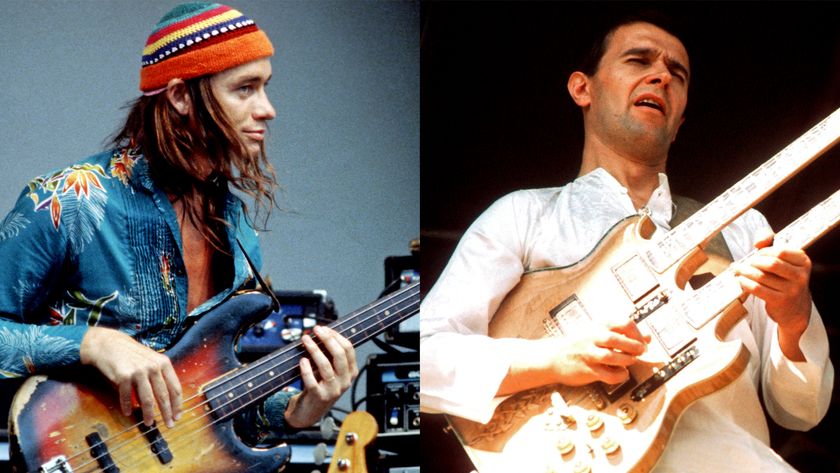
"Jaco thought he was gonna die that day in the control room of CBS! Tony was furious." John McLaughlin on Jaco Pastorius, Tony Williams, and the short and tumultuous reign of the Trio of Doom

“It’s all been building up to 8 p.m. when the lights go down and the crowd roars.” Tommy Emmanuel shares his gig-day guitar routine, from sun-up to show time


